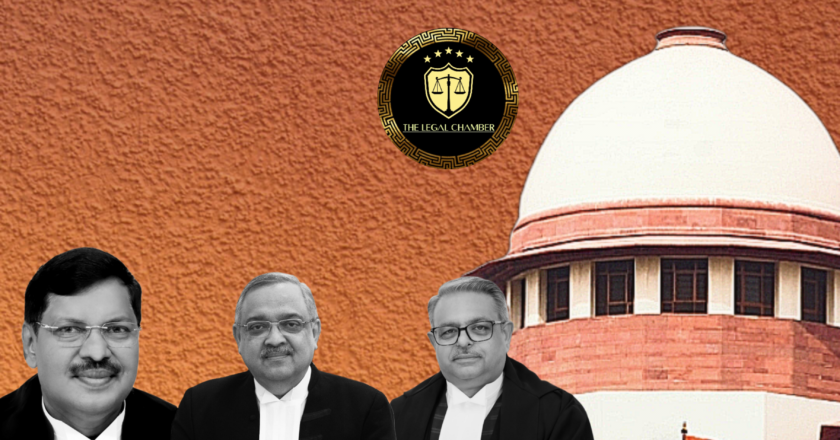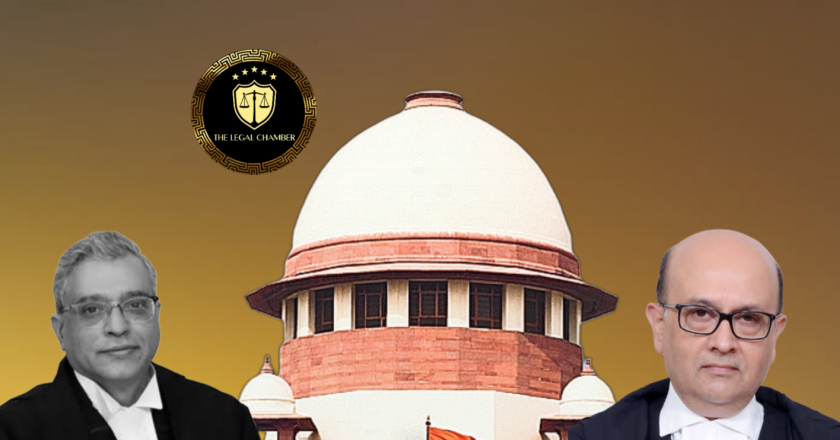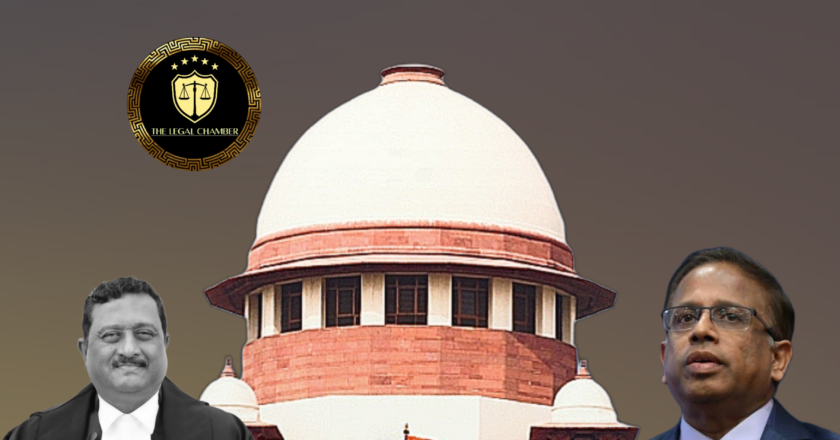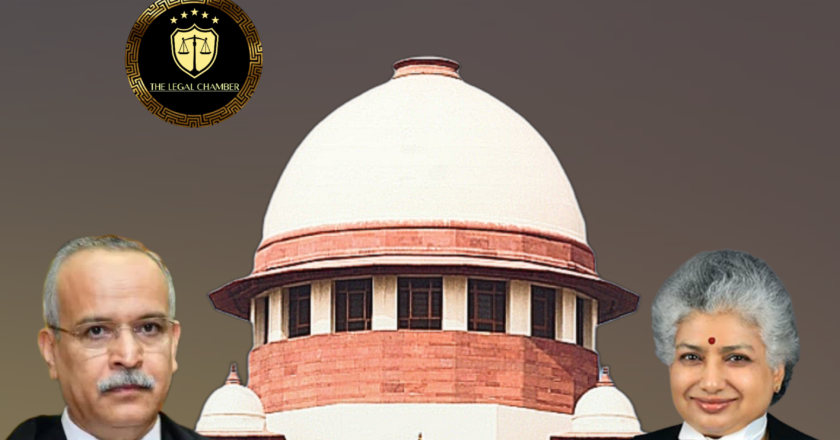Supreme Court Rejects Appeal in Dowry Harassment Case : Confirms 10-Year Jail for Husband in Dowry Death Case
The Supreme Court upheld the conviction under Section 304-B IPC (dowry death), affirming that the prosecution proved demand of dowry, cruelty, and unnatural death within seven years of marriage. The Court emphasized the presumption under Section 113-B of the Evidence Act, shifting the burden to the accused, who failed to rebut it. It clarified that contradictory defenses (accidental fall vs. suicide) weaken the accused's case, and consistent witness testimonies established dowry harassment. The judgment reinforced strict scrutiny of dowry-related deaths and dismissed the appeal, sustaining the 10-year rigorous imprisonment sentence.
Facts Of The Case:
The case involved the death of Punita (alias Gayatri), who married the accused-appellant Virender Pal on February 28, 2008. Within months ...





